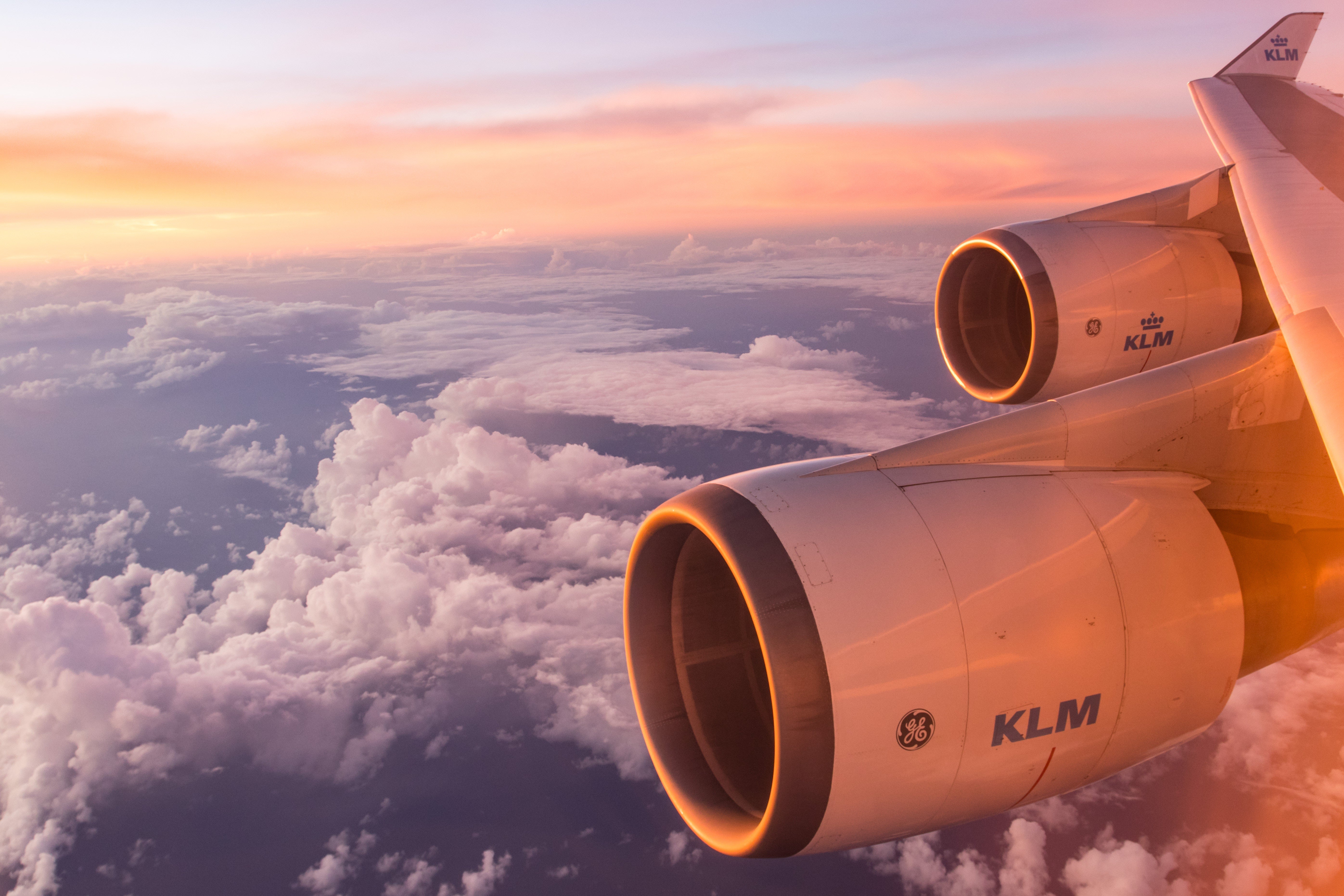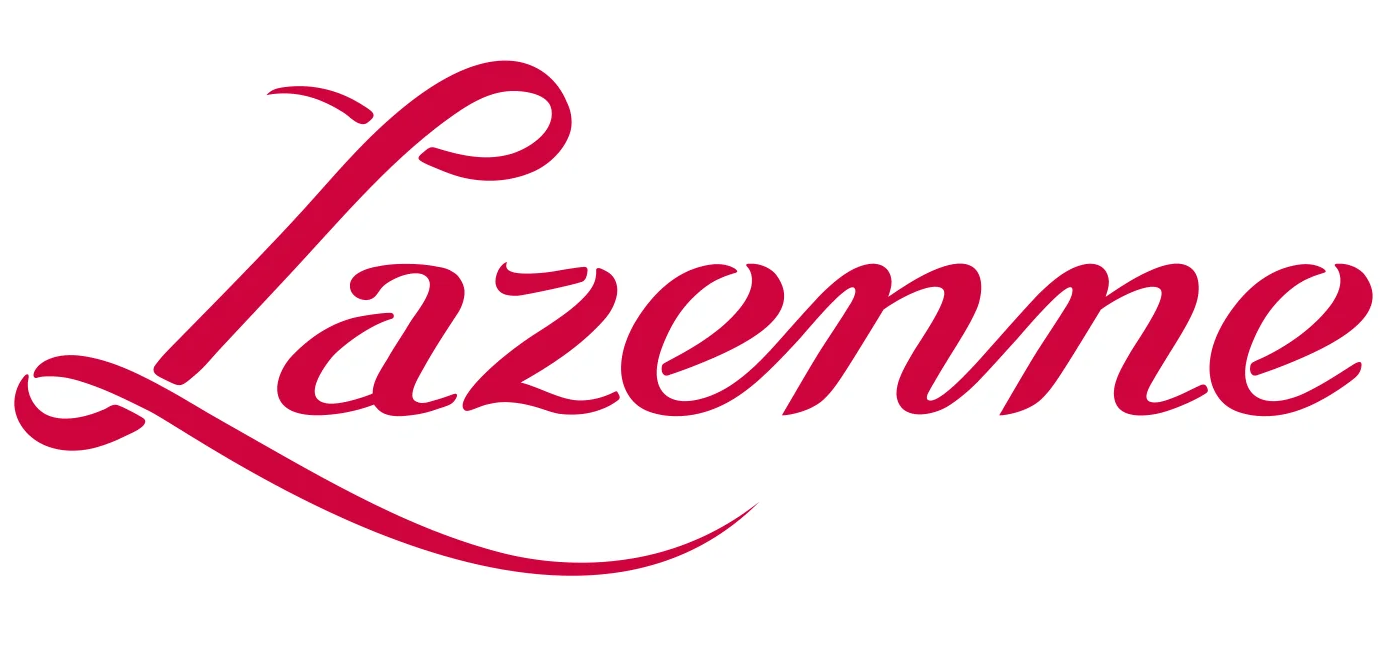
Learn how to fly with wine like a pro in 4 simple steps
Flying with wine can seem like a daunting task to anyone who hasn't done it before. Making sure that the wine is protected against breakages, insulated against heat fluctuations and checked in properly, all before you even get to the nitty-gritty of tax reclamation, travel restrictions and duties and then collecting it on the other side. When you look at it like that, it's a wonder that anyone even bothers!
Fortunately, we can tell you from experience that it's a lot easier than you think, and an awful lot easier than it sounds! Flying with wine instills people with fear due to the fragile nature of the bottles, the uncertainty about how alcohol is taxed as you enter and leave different countries, as well as being something of an unknown quantity. In reality, it isn't really that different from traveling in general, it just requires a few extra steps to ensure that your precious bottles get from one side of the world to the other safely. It's been our pleasure to help travelers do just this for years and believe us, it's worth the effort! Whether you're looking to bring back that special bottle from your holiday, stocking up on unique, delicious wines from boutique wineries or just cherry-picking certain wines that cost a lot more where you live, we're going to lay out a simple 4-step check-list to make sure you've got all your bases covered. Ready? Let's start at the beginning.

Packing for Protection
Right from the beginning, it pays to know how many wines you want to bring back, and indeed how many you're allowed to, as it'll make a big difference to how you go about it. One or two bottles? You can wrap them up with a bottle protector and place them safely in your normal luggage, space permitting. Well, we can probably get three in there if we carry the coat and wear an extra jumper; it's a touch cold anyway. Any more than that, however, and you'll want to consider other options!
1-3 bottles: Use a Wine Skin to keep your bottles safe and protected during their travels. These work similarly to a thick layer of bubble-wrap, with the added advantage of containing any rare spillages that may occur. Whilst people still often run the risk of wrapping bottles up in clothing and hoping for the best, we've seen too many enthusiastic baggage-handlers. We like Burgundy a lot, just not as a colour for all our clothes!
3+ bottles: Any more than 3 bottles and you're going to start running out of room for everything else! This was the reason we created the Wine Check, a reinforced suitcase specially designed to transport wine and other alcohols around the world with you, safely and securely.
On the off-chance you don't have any protective luggage or bottle protectors to hand, a thick layer of bubble-wrap can work as a last resort. Make sure to wrap it several times around and then cushion the bottles safely in the middle of your bag, surrounded by soft clothing. This won't have much of an effect on temperature fluctuations during the journey, but it may take the edge off rough handling.
Time to head to the airport!

VAT Refund
So, you've arrived to the airport and you're ready to begin the journey home. Your wine is safely packed away and you're ready to check it in. Before you do, though, there's a very important step to take that so many people forget: reclaim the VAT on the wine you've purchased. VAT is a tax included in the price of almost all goods you buy in the EU, including wine. As you're taking your wine with you, 'exporting' it in a way, you can reclaim this amount which can be quite significant, depending on the value of the wine you've purchased.
Everytime you purchase a wine in the EU with the intention of taking it home, it's important to ask for a 'tax free form', which most retailers and wineries will be happy to provide, although it's not an obligation that they do so. Some retailers will refund you the price of the VAT in the shop, others will complete the form which you'll then claim back at the airport. Be aware that there's usually a charge associated with this service, typically a percentage of the amount you're claiming.
Assuming there's no refund in the store, take your forms to the customs officer in the airport for them to validate and stamp. They'll need to check your goods, which is why it's important to do this before checking in your luggage. The easiest way thereafter, is to take these forms to an office that deals with tax refunds within the airport, the most common of which are Global Blue and Tax Premier Free. Using these services, charges are low and refunds are often instant. Whilst this may all seem like a lot of effort, once you've done it once or twice, it becomes very simple. A piece of advice; give yourself an extra 15-20 minutes before your flight leaves at the airport, to make sure you have the time to reclaim your VAT. Then, check in your bag and make sure you catch that flight!

Travel restrictions and duties
1. Every country has duty-free allowance for items including alcohol, which changes from country to country. Make sure you know what this allowance is, as anything above that quantity may be liable for additional tax.
2. If you're above these limits, make sure you declare this to customs as you leave the airport. They'll then decide whether or not it's worth their while to make you fill out the paperwork and pay (spoiler: it often isn't!)
3. If any duty is to be paid, you'll be able to pay at customs using most forms of bank and credit cards, currency transfer systems and of course, cash.
4. Grab your luggage and walk on out!
For a more complete explanation of the process behind customs and duties, make sure to read our article here.

Bottle Shock
So, you've arrived home and unpacked, with your precious bottles set aside and checked for any damage. None? Fantastic! They're now ready to drink an... or are they? Something that we still don't entirely understand about wine is how a wine that was so vibrant and delicious a week before, can seem flat and muted immediately after traveling. This is the phenomenon known as 'Bottle Shock', which became the name for a famous wine-based movie in 2008, starring the late Alan Rickman.
Frustratingly, we don't have any scientific evidence to explain this yet, but there's more than enough anecdotal evidence from wine-lovers around the world to make it worth taking seriously. Our recommendation? Once you have your bottles home, if possible, try and leave them in proper storage conditions for a week or two before opening them. It's not an issue with every journey and on occasion, when we're transporting wine for an event or special dinner, this isn't possible. It may not even be necessary but if you can, give them a chance to recover. Think of it as a sort of jet-lag for bottles; everything's better again after a good nights sleep!
There you have it: 4 simple steps to traveling with wine. It's a lot easier than you thought, right? Being able to transport wine across the world, saving money and accessing even the most esoteric and rare bottles from every corner of the globe is well worth a little extra legwork at the airport. We wish you all the best in your wine traveling adventures!
For more information on how to travel with wine, check out the links below:



Leave a comment
This site is protected by hCaptcha and the hCaptcha Privacy Policy and Terms of Service apply.